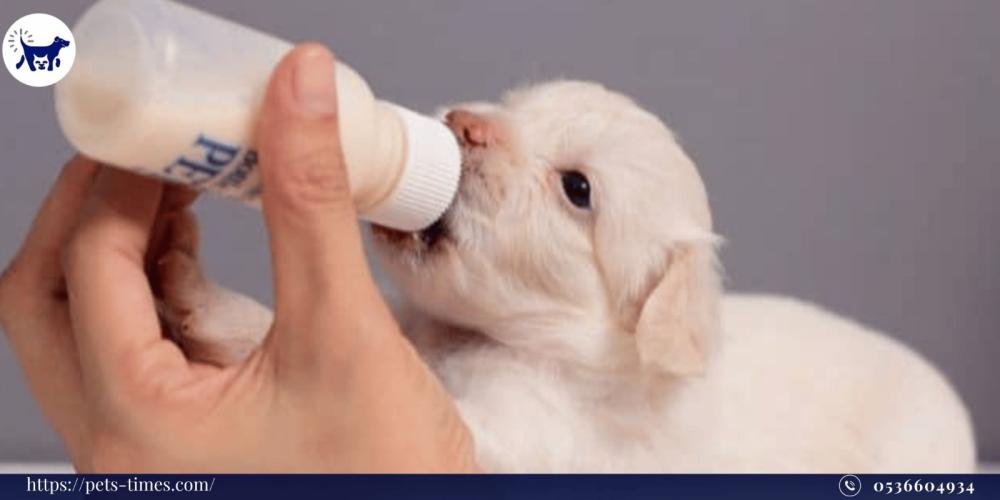First: The Right Environment
Newborns cannot regulate their body temperature, so you need to create a warm and safe place for them.
Tips:
Use a clean box lined with soft blankets.
Nobleza Bed and House for Cats and Dogs
Nobleza Foldable Bed for Cats and Dogs
Nobleza Soft Blanket in Multiple Colors for Pets
Maintain the room temperature between 29-32°C for the first week, then gradually reduce it.
Avoid drafts or placing them directly under an air conditioner or heater.
Second: Nutrition
If the mother is present and healthy, she is their best source of nutrition. Breast milk contains antibodies that protect them from disease.
If the mother is absent or refuses to nurse:
Use a special puppy milk replacer (available at pet stores), not cow's milk.
Beaphar Lactol Puppy Milk Replacer
Bio Pet Active Powdered Milk for Puppies and Mother to Support Growth 200g
Feeding should be done using a special bottle or small syringe.
Pets Time Feeding and Feeding Bottle for Puppies and Kittens 200ml
Puppies should be fed every 2-3 hours for the first two weeks, even at night.
Make sure the milk is warm (not hot) before giving it to them.
Third: Urination and Defecation
Puppies are unable to urinate or defecate on their own for the first 2-3 weeks.
What to do:
After each meal, use a cotton ball soaked in warm water to massage the abdomen and genital area.
This stimulates them to defecate, just like their mother does, by licking them.
Fourth: Cleanliness
Change the bedding daily or when it gets dirty.
Do not bathe the puppies unless absolutely necessary; it is preferable to use a towel dampened with warm water.
Keep feeding equipment clean to avoid infection.
Fifth: Health and Vaccinations
Monitor each puppy's weight daily, and they should gain weight gradually.
Any weight loss or excessive lethargy could indicate a health problem.
At 6-8 weeks of age, the vaccination schedule begins. Consult your veterinarian about these.
Sixth: Interaction and Socialization
Puppies begin opening their eyes and hearing sounds at 10-14 days of age.
Allow them to interact with you gently until they become accustomed to humans and become socialized.
Additional Tips:
Monitor each pup individually, as some may be weaker than others.
Do not wean puppies before 6 weeks of age; gradual weaning between 6 and 8 weeks is preferable.
Do not hesitate to consult a veterinarian if you notice anything unusual.

